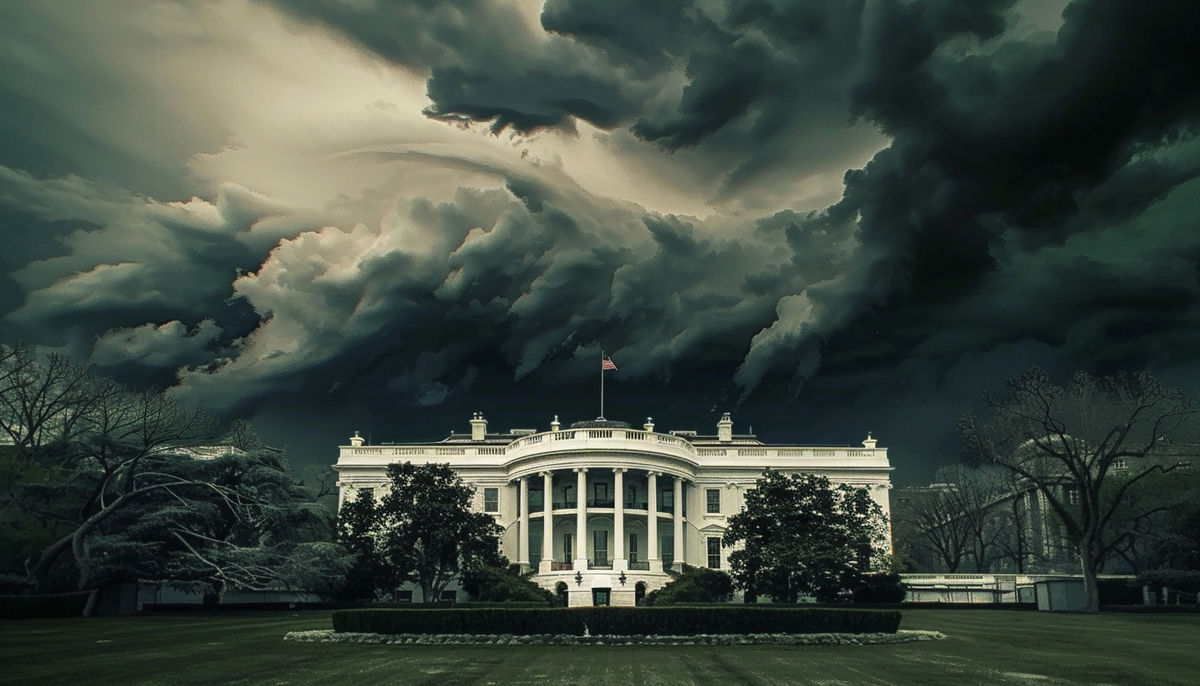
The Senate has passed legislation H.J.Res. 109 to overturn the SEC's Staff Accounting Bulletin (SAB) No. 121, which prevents highly regulated financial firms from custodying Bitcoin and cryptocurrencies.
The vote was 60 to 38, showing bipartisan support.
The resolution, which already passed the House, aims to dismantle SAB 121. This bulletin restricts financial institutions from acting as custodians for digital assets like Bitcoin.
H.J.Res. 109, under the Congressional Review Act, seeks to remove these restrictions, allowing regulated firms to offer custody services for Bitcoin and cryptocurrencies.
The White House opposes this legislation. A statement indicated that President Biden would veto the bill if it reached his desk, arguing that overturning SAB 121 would disrupt the SEC's efforts to protect investors and the broader financial system.
Supporters of H.J.Res. 109 argue that overturning SAB 121 is essential for consumer protection in the U.S. They point to the SEC's approval of spot Bitcoin ETFs, where centralization risks arise from a few institutions holding most of the Bitcoin.
The resolution aims to allow more regulated institutions to custody Bitcoin, addressing these risks.
Critics of SAB 121 argue that the rule is overly restrictive and prevents financial institutions from meeting the growing demand for Bitcoin services.
They believe that regulated institutions can handle digital asset custody risks with their compliance frameworks and security protocols.
Senator Cynthia Lummis supports overturning SAB 121, calling it a rule disguised as accounting guidance published without the majority commission's approval.
Conversely, Senator Elizabeth Warren urges alignment with President Biden, arguing that digital assets, unlike physical ones, pose unique risks and vulnerabilities, citing past hacks of crypto exchanges like Binance and FTX.
Despite the Senate's approval, the resolution's future is uncertain due to the threatened presidential veto.
If President Biden vetoes the bill, the House and Senate would need a two-thirds majority in both chambers to override it.

